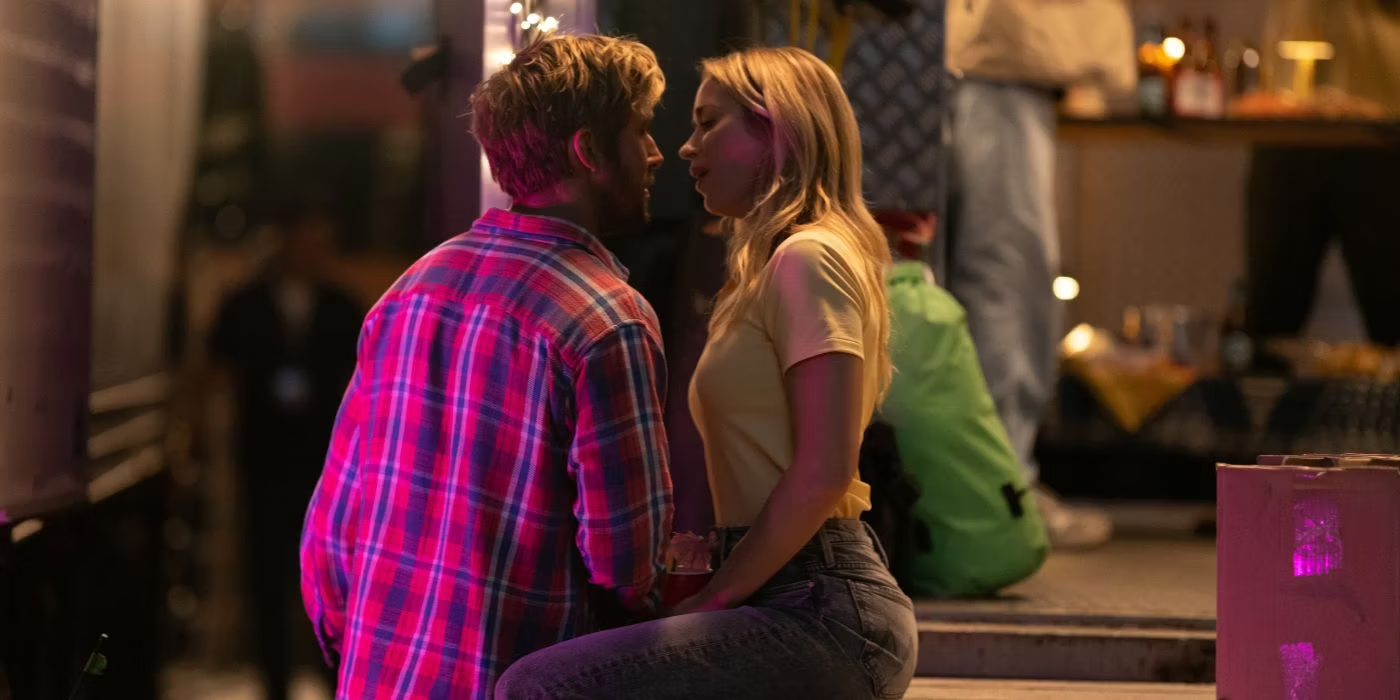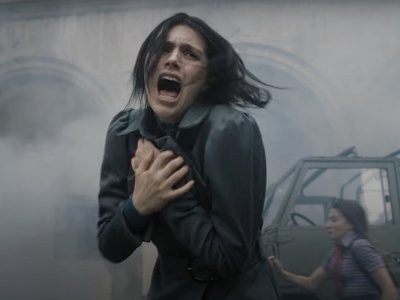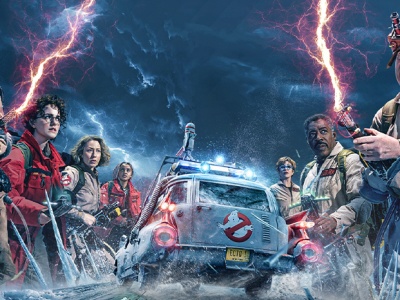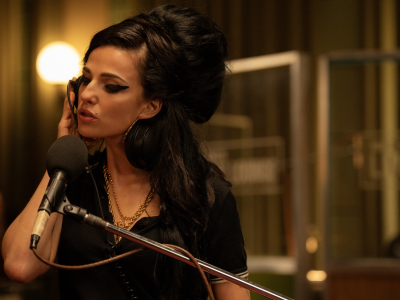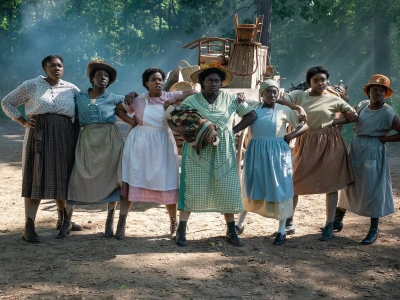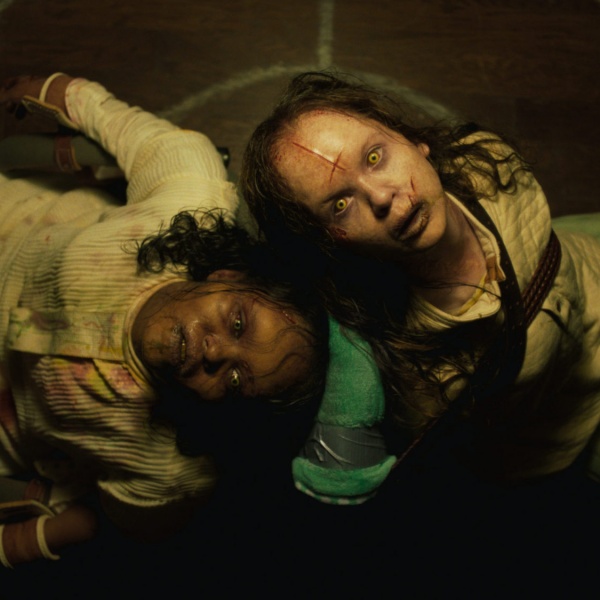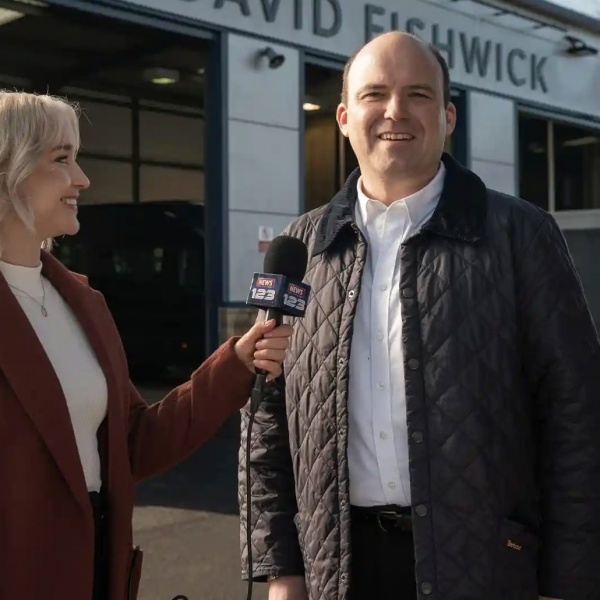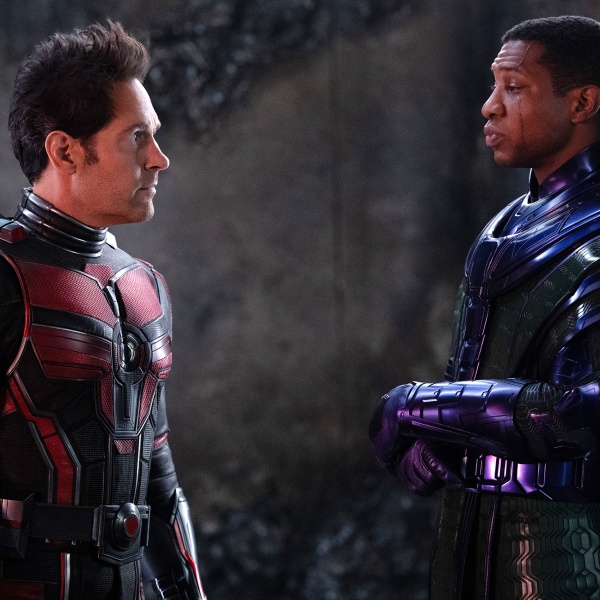Robert Connolly’s adaptation of Jane Harper’s The Dry came out in Australian cinemas in January 2021 to a warm reception, heralding a return to moviegoing for many who thought such an idea was impossible. Making about $26 million AUD, a sequel was bound to happen seeing as Harper’s book is the first of a trilogy about Federal Agent Aaron Falk (played by Eric Bana, also producer)
Force of Nature took its time to be released, delayed from its original August 2023 date due to the SAG-AFTRA strike, but it is here now…and it’s a rather disappointing affair.
The Dry 2 has Aaron Falk tasked with discovering the whereabouts of corporate whistleblower Alice Russell (Anna Torv), who disappeared in the Victorian mountain ranges while on a corporate retreat with four co-workers (Deborah-Lee Furness, Robin McLeavy, Sisi Stringer, Lucy Ansell). Alice’s nature as a whistleblower to her corrupt financial workplace was spearheaded by Falk, which clouds the case in deception, complicated further by Falk’s tragic childhood memories of exploring the same area of the dense Australian wilderness.
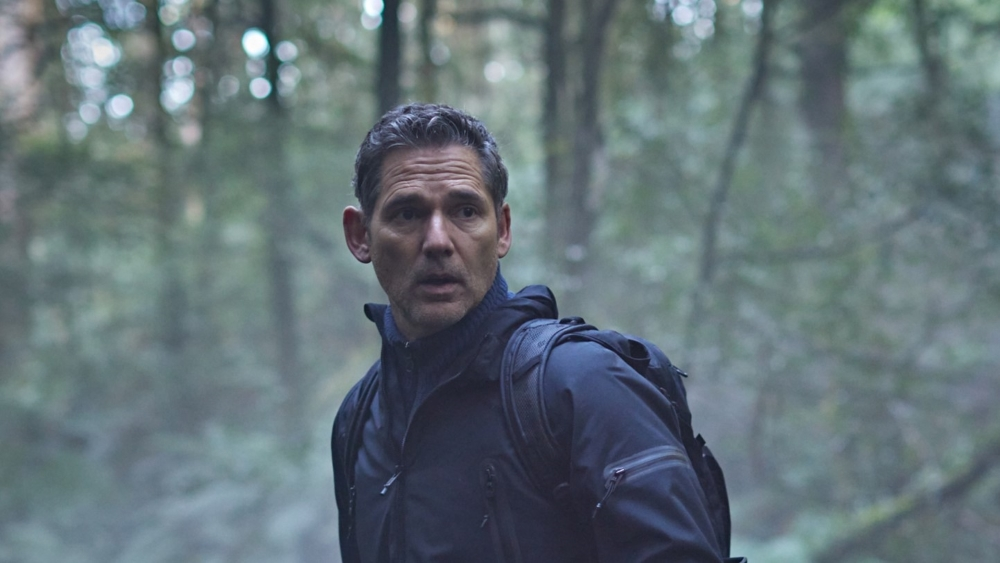
The Dry is a film that has grown on me. What was at first just another murder mystery movie has evolved into something of a modern Australian classic, representing the very best of what local cast and crew can do with the right story at their hands. On the technical side, Stefan Duscio’s crisp large-format digital cinematography and Peter Raeburn’s haunting score craft a rich atmosphere of suspicion, emptiness, and longing.
Force of Nature features another cracking Peter Raeburn score, and new cinematographer Andrew Commis uses the mist and dense forestry of the fresh setting for some truly gorgeous visual effects. While the setting is not as oppressive and harsh as the drought-ridden town of Kiewarra, it does allow for some astonishing majesty and equal darkness to come through in the picture, both films highlighting how diverse Australia’s environment is.
Unfortunately, these are the only two standout elements of an otherwise unremarkable and frankly lazy sequel. Writer and director Robert Connolly has ample opportunity with this plot of four survivors recounting their experiences to play with subjectivity and where the truth lies.
The 1950 Akira Kurosawa classic Rashomon came to mind as the finest way to depict this plot, with contradictory perspectives on the same event showing how subjective human understanding is, which can so easily be applied to this type of detective story. But Connolly’s approach is perplexingly dull, with each one of these survivors asked questions by Falk and then having their flashbacks to what Alice Russell was doing on the bushwalk play out objectively, leaving nothing for the audience to figure out for themselves. The reveal of who is responsible is kept relatively secret. However, we still feel 2 or 3 steps ahead of Aaron Falk, making him look like Australia’s cut-rate Hercule Poirot.
On their own, these two storylines, one in the present after Alice Russell’s death and one in the past showing the events that led to her disappearance, can work together similarly to the first movie’s dual storytelling. But Connolly makes matters worse by adding a THIRD and far more boring plotline into the mix: Aaron Falk’s crappy childhood.
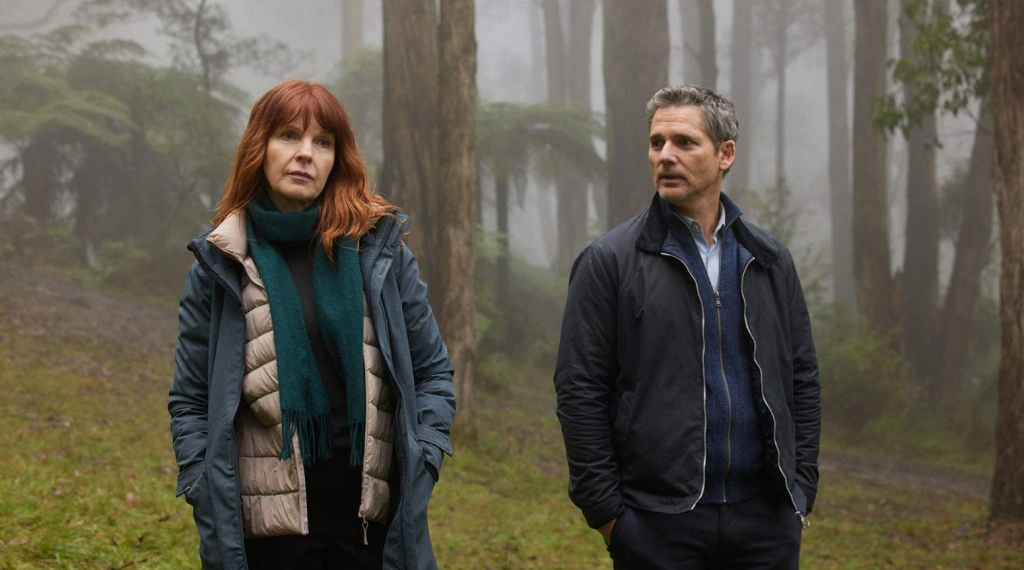
The Dry manages to successfully mix a present-day storyline of an investigation into a horrific murder with Falk’s memories of a young girl’s disappearance in their hometown, which Falk was blamed for, and both stories become intertwined as if the town itself is cursed with horror. In Force of Nature, giving us three plots to follow is just too much, with Falk’s flashbacks feeling completely superfluous and unconnected to the current disappearance case. The script just becomes a trudge, showing more and more pointless and complicated ripples in an already overstuffed plot, until it all buckles in the end.
The climax of The Dry, our main characters stopping the murderer from setting himself on fire,, which could burn the whole town down, was brilliant. Playing out in seamless slow-motion with the score cranked up to maximum, the tension is palpable, and every second feels vital, a sequence that endures in the mind of anyone who’s seen the film. Force of Nature tries to do the same scenario for its climax, this time with water, but somehow forgets its own established rules of water pressure and height when it’s most convenient. When you thought the main culprit of Alice Russell’s disappearance couldn’t have had a dumber thought process behind their actions, the filmmakers just drive everything through an even bigger plot hole that leaves one annoyed and confused.
Force of Nature, sadly, is not worth the trip out to the movies, even if you want to support Australian films at the cinema. This watchable endeavour isn’t rewarding beyond surface-level elements like setting, score, and camera work. Eric Bana is a likeable presence, but his Aaron Falk character is an empty shell of a man who has a movie’s plot happen for him, not because of him. I hope Jane Harper’s book is a better experience because it’s hard to believe it could be worse than this movie.

